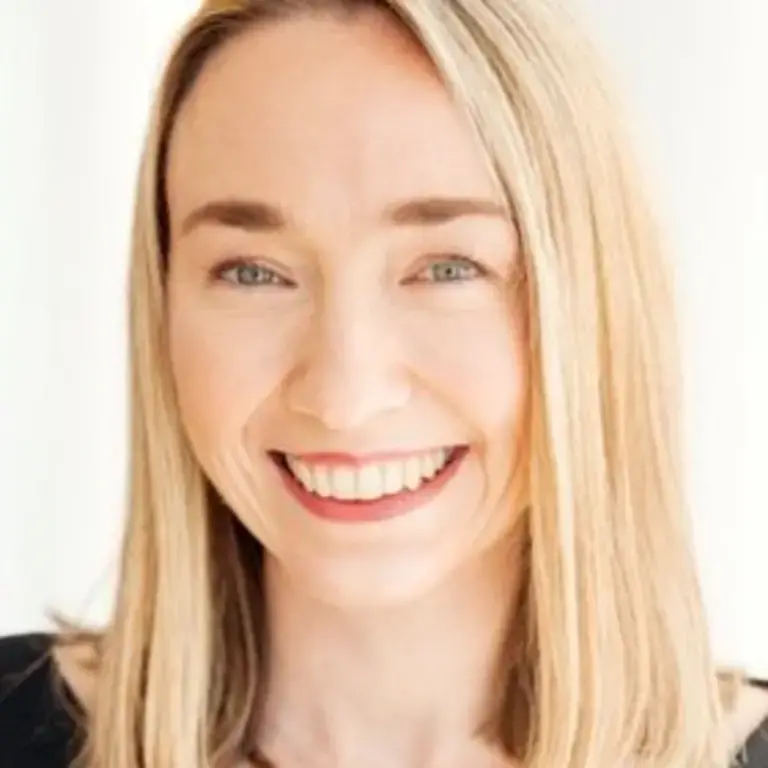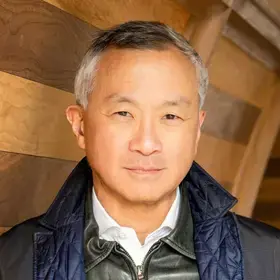The secret to authenticity is just being yourself, so the cliché goes. In my class Managing Human Behavior in the Organization, we discuss Bill George’s excellent model of Authentic Leadership. But I wanted to go deeper into questions such as: What does it really mean to be yourself? What is this “self” that’s authentic? How do you find it? How will you recognize it if you find it? Does it even exist? And how can you be yourself when you have to work in roles in which you often have to compromise—or at least put aside—authentic dimensions of your being? My research culminated in my new book, How to Be Authentic: Simone de Beauvoir and the Quest for Fulfillment.
Simone de Beauvoir was a French philosopher who was writing in the mid-twentieth century. Her philosophy remains relevant today because she was thinking about how to live in turbulent times. Political and environmental uncertainties still haunt us. Discrimination and oppression endure. Pay gaps and traditional gender roles persist. In How to Be Authentic, I explore how Beauvoir's philosophy can help us gain clarity amidst the chaos and lead more authentic lives.
The central idea is that there is no such thing as a fixed authentic self because we’re always growing and evolving. We aren’t born with a mystical essence that we have to find; we create our essence. Our actions and decisions shape our identity over time. Authenticity is a continuous, poetic endeavor of intentionally inventing and reinventing ourselves.
But authenticity is not an individual quest. To become authentic is to exercise our freedom while taking responsibility for creating ourselves—as well as for the world we’re creating around us. We share the same human condition with other people and the same earthly condition with our ecosystem. We have to take other people and our environment into account by virtue of our coexistence.
Becoming authentic is going to look different for each of us, but below are some ideas that can help orient our lives in authentic ways:
- Dare to be more than your role: It’s comforting to fall into line and do what everyone expects of you. But that’s neither creative nor exciting. When you can muster the courage to free yourself from fixed and preconceived notions of who you are, you open up new possibilities, new ways of doing things, and new ways of being.
- Foster a rebellious spirit: Not everyone has the privilege and opportunity to reject the roles given to them, which is why it’s important to form solidarities and push back against oppressive structures that prevent people from stretching themselves into an open future.
- Build intersubjective relationships: Intersubjectivity is about making space for other people to express themselves in authentic ways. It means letting go of any impulses to dominate and control others. It means creating reciprocal, cooperative, and constructive connections with others and the world.
- Stop chasing happiness: Chasing happiness traps us in the hedonic treadmill, forever craving fresh hits of dopamine. But happiness can be a consequence of reaching toward authenticity, which entails embracing your independence and interdependence, and taking thoughtful risks to pursue self-chosen goals.
- Become the poet of your life: Creating your authentic self is like writing a poem. There aren’t any particular rules or prescribed outcomes. If we follow someone else’s poem, or let someone else dictate our poem to us, we cease to be the creators of our own lives. We cease to become authentic.
So don’t waste time trying to discover who you are. Become the poet laureate of your own life. In Beauvoir’s words, “Change your life today. Don’t gamble on the future, act now, without delay.”
Dr. Cleary’s book How to Be Authentic is available in bookstores. And you can connect with Dr. Cleary on LinkedIn, Twitter, or Instagram. Managing Human Behavior in the Organization is among more than ten business and management courses offered by the Columbia University School of Professional Studies. Explore more than 3,000 academic courses in 100-plus subject areas available through the Visiting Students and Postbaccalaureate Studies programs, which run in the fall, spring, and summer terms.



